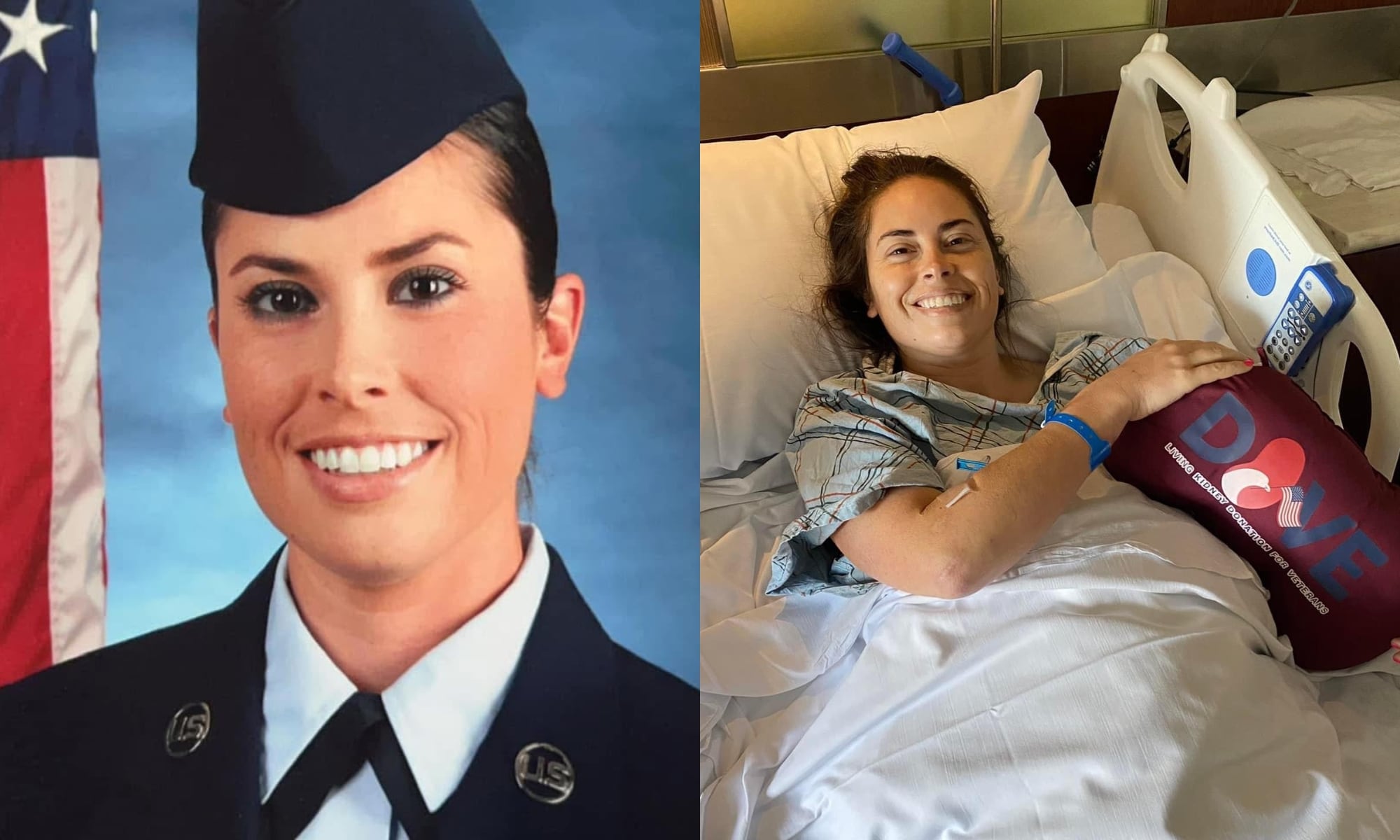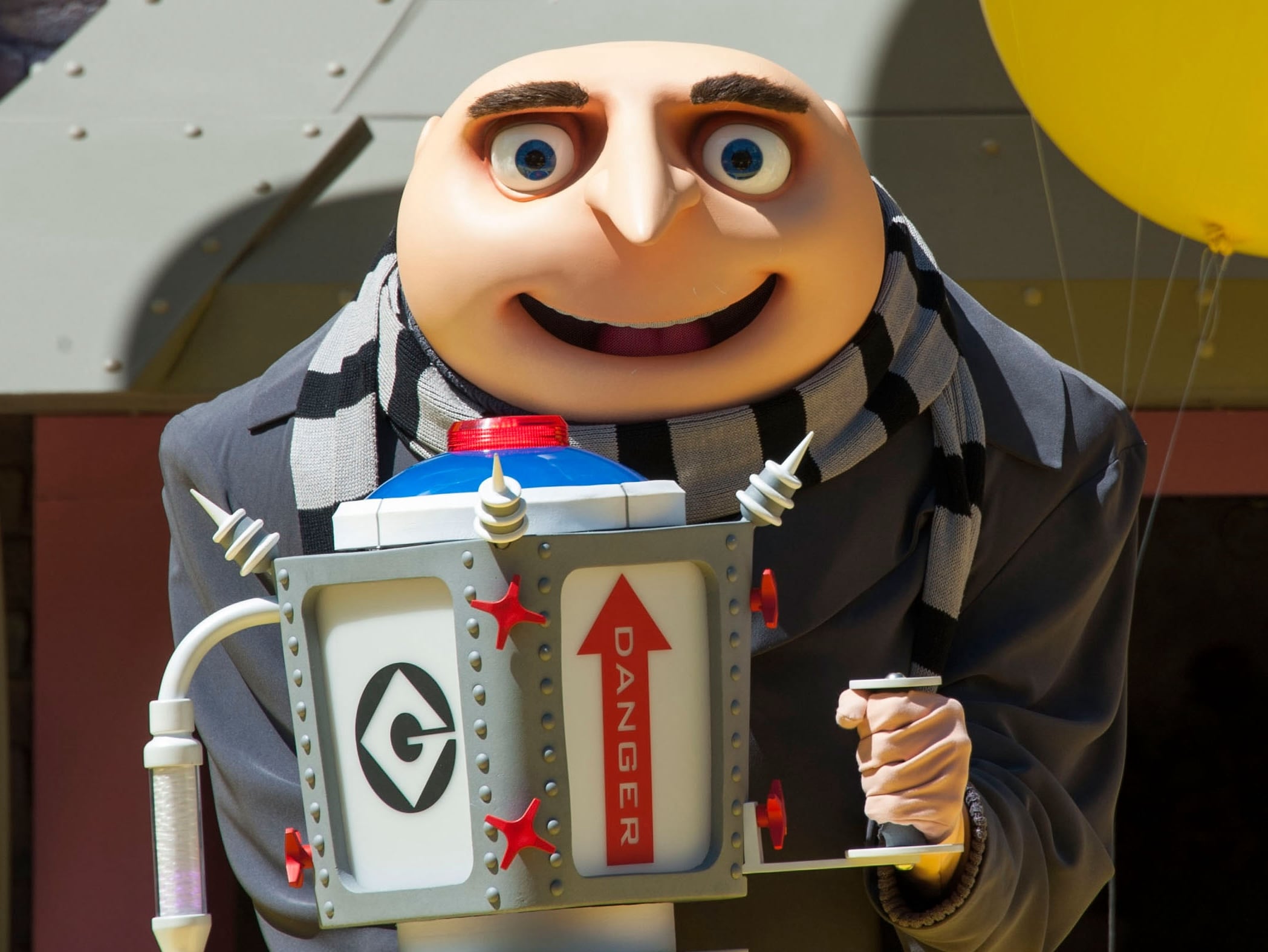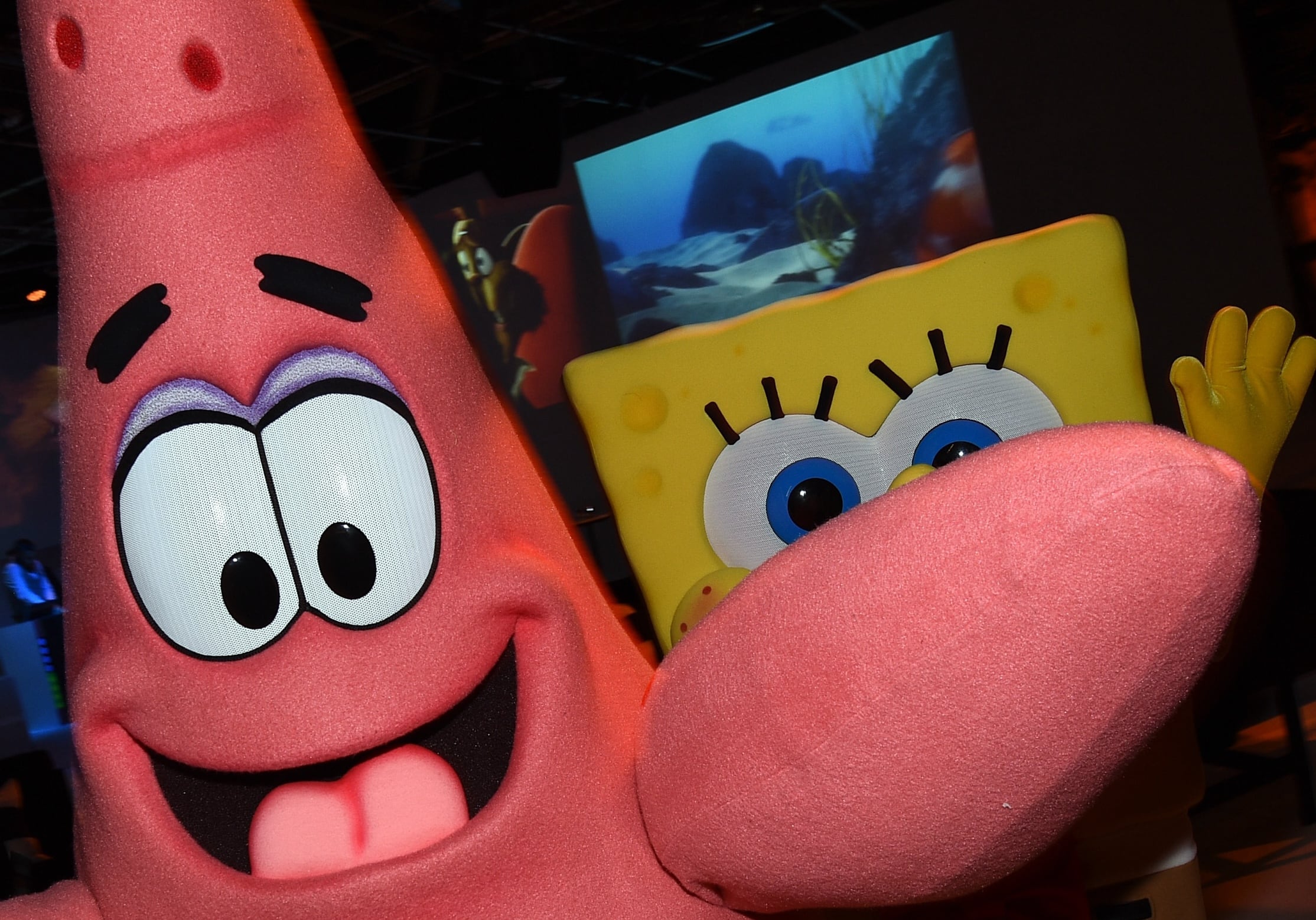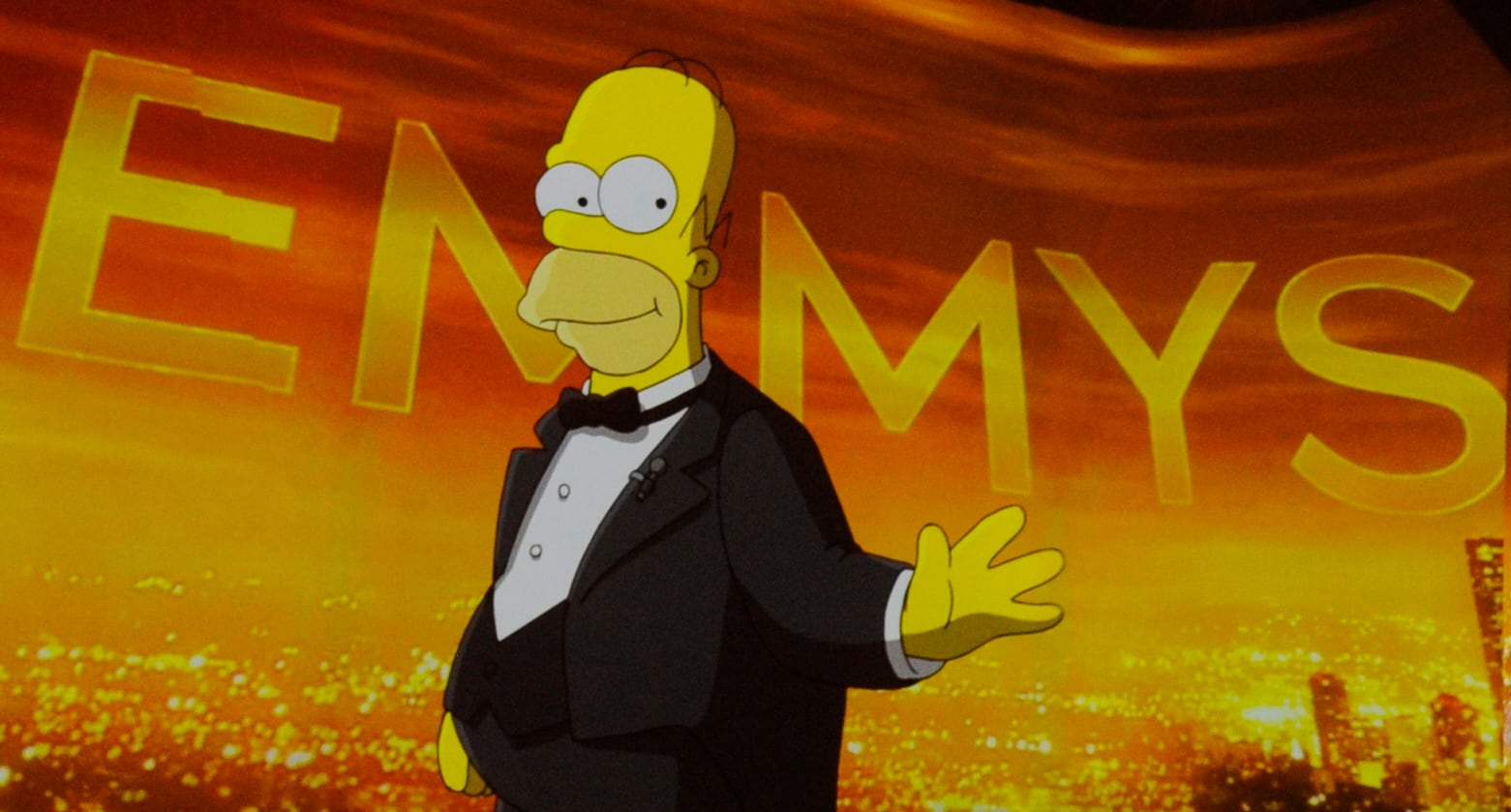“I look out there now and can’t believe we were enemies,” Jerry Yellin muses in the aptly named documentary “Jerry’s Last Mission,” the veteran’s admiring eyes looking out from the window of the train as the Japanese countryside races by.
Nearly 70 years earlier, Yellin, then a captain of the Army’s 78th Fighter Squadron, was embarking on one of the last combat missions of World War II in the skies over that same countryside.
On August 14, 1945, Yellin took off from Iwo Jima to attack airfields near Nagoya, Japan, carrying with him instructions to continue the assault unless he heard the word “Utah,” a code signaling the Japanese surrender. It was Yellin’s 19th mission over Japan.
Despite that day’s message of capitulation from Emperor Hirohito, Yellin and his 19-year-old wingman, Philip Schlamberg, never received the news. The two P-51 Mustang pilots were heading back toward Iwo after completing their strafing run when they encountered heavy antiaircraft fire. Yellin banked into a formation of thick clouds, hiding himself long enough to get out of the range of the guns and make it home in one piece. Schlamberg did not.
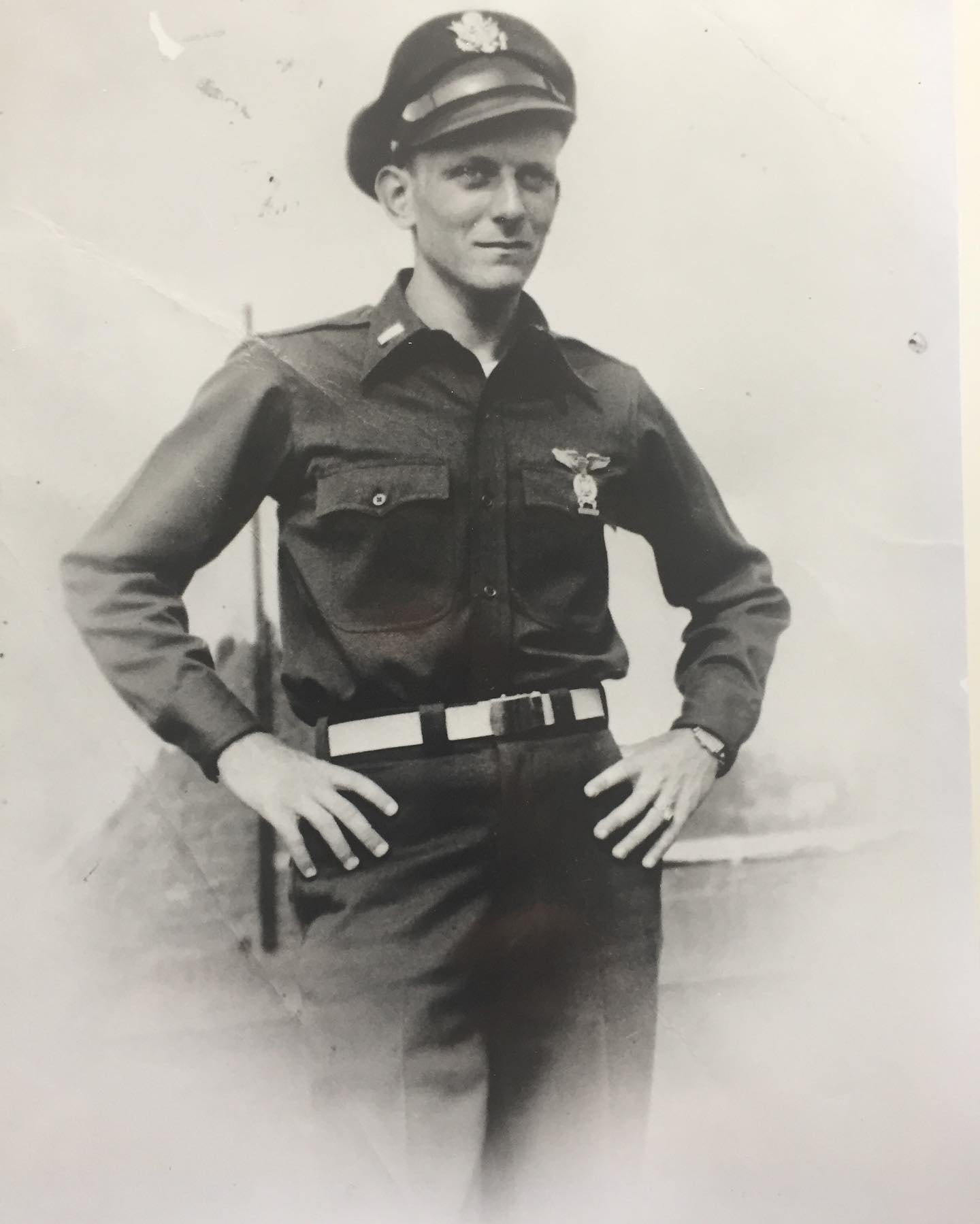
For nearly 20 years following the war, Yellin was tormented with survivor’s guilt and post-traumatic stress disorder emanating from his final mission. He struggled to hold down a job and moved his wife and four sons more than a dozen times around the U.S. and Israel. Decades elapsed until finally, in 1975, he found solace through the practice of Transcendental Meditation, or TM.
By the time of his death in 2017, Yellin had become an outspoken advocate for veteran mental health. In 2010 he co-founded Operation Warrior Wellness, a division of the David Lynch Foundation that teaches veterans TM to better cope with the effects of PTSD.
Now, Yellin’s story is the subject of this 58-minute documentary — written and directed by Louisa Merino and produced by Melissa Hibbard and Oscar-winner Ed Cunningham (“Undefeated”) — that chronicles Yellin’s final mission in life and stands as a testament to human resiliency and kindness.
Merino, along with Yellin’s sons Michael and Steven, spoke to HistoryNet about the fighter pilot’s transformation and his lasting legacy.
Your father spoke quite candidly about his relationship with his children and how, at times, he was emotionally absent as a result of PTSD. What was that like for you growing up? How did Transcendental Meditation help bridge that gap?
SY: I always felt there was something wrong, something missing, even though on many levels, he was a very good father. He had many admirable qualities as a father, but it just felt like there was something hollow inside. He wasn’t connected on a deep level. I felt he wasn’t sure of himself and the direction that he was taking in his life.
We had no idea about how his experiences from the war had affected him. It was the farthest thing from our minds because he never talked about it. The first time I heard that he had thought about suicide every week for 30 years, believe it or not, was on film. I could have been knocked over with a feather. I was shocked because he never really felt suicidal to me.
I’ll say the contrast between how he lived the last 55 years of his life … it’s almost the most tremendous contrast you can imagine. He died a very happy, fulfilled man. He went through a complete transformation — got rid of the demons inside, got rid of the Iwo Jima memories. It was a remarkable transformation of a man. As remarkable as you could possibly imagine.
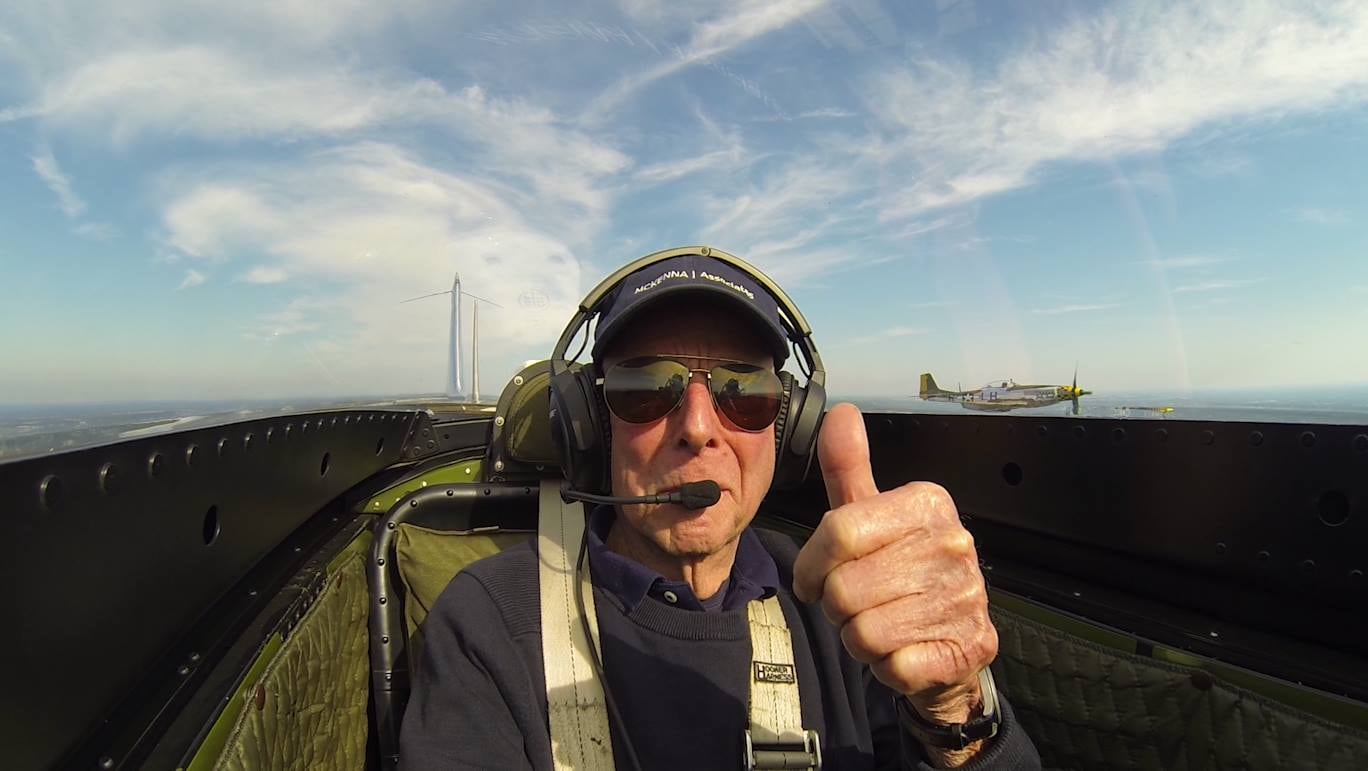
Many veterans coming home from the Pacific refused to engage with anything Japanese-related. Your brother Robert not only married a Japanese woman, but one whose father was trained as a kamikaze pilot during the war. What was that like for your father? How did that impact his healing process?
SY: You have to have, which he did, an inborn flexibility for change for that to take place. A lot of people don’t have that flexibility. They aren’t pre-wired for it. Within him there was a tremendous amount of compassion — even with his PTSD — and a tremendous amount flexibility. Of course, that was cultured by his practice of TM. He told me many times, “If I hadn’t started meditating, I would have died a long time ago because the memories would have just been … I would have imploded.” Initially it was a little challenging, but he always had this universal spirit about him.
MY: He just had this warmth for other people. We lived in Florida and in those days,
in the 60s and 70s, people would hitchhike. He would pick up hitchhikers and bring them home. He just had this ability to connect with people, which was really special.
LM: I remember talking to him about how he was able to embrace the Japanese. What he shared was that because he had learned Transcendental Meditation beforehand, before Robert even moved to Japan, that visiting there wasn’t as intense as it would have been without TM. I think at that point his heart was already opening and softening from the impact of PTSD.
Jerry co-founded Operation Warrior Wellness, which helps veterans learn Transcendental Meditation. What would you say was his key message to veterans struggling with depression and PTSD?
SY: It’s very simple: Learn TM. I lived with him for two or three years and I remember him getting so intense about veterans learning TM. He would tell me, “There’s 21 suicides that are going to happen today and we can prevent it. It’s our responsibility.” He felt really strongly that he wanted to help in any way he could, particularly by using his own experience with overcoming PTSD.
Louisa, how did you come to meet Jerry?
LM: I met Jerry in the swimming pool [laughs]. I was living in the Midwest at the time, in Fairfield, Iowa, which is a town that is like the Mecca of Transcendental Meditation. I was finishing my laps and I saw him running — in fact, he would run in the water for a half an hour every day — and I just felt like going over and talking to him.
He told me the summary of his story and it was two things: One, I was so inspired by the beautiful story of transformation he had. But on top of that was his joy for life. He really inspired me. From there we became good friends and we started filming almost right away.
And for me, there was always this inspiration about humanity and his approach to life, but also for people to hear his message. I think that’s really what drove me from the beginning. Then it became, “How can we piece it together?”
Michael and Steven, how was it to finally see your father on-screen?
MY: Unbelievable admiration. Just a state of awe of what World War II veterans did. Every time I think of my dad sitting in a fighter plane, doing what he did, being on Iwo Jima, it just shakes me. And to know that he did have a real message of hope after all that — after going through hell, seeing what war is like, and surviving it. Having a message of hope, peace, and reconciliation means the world to me because it meant the world to him.
SY: I realized that this was a very great man. I’m not just saying this because he was my father. I’m saying it because he had this universality about him, this greatness about him. He wanted to affect people’s hearts and wanted to affect people’s minds to expand their boundaries, so they weren’t prisoner of their boundaries.
For that we’re so deeply indebted and grateful to Louisa for doing this.
Thank you Steve, Michael, and Louisa for taking the time to discuss Jerry Yellin’s story. You can learn more about “Jerry’s Last Mission” at https://jerryslastmission.com/.
Claire Barrett is the Strategic Operations Editor for Sightline Media and a World War II researcher with an unparalleled affinity for Sir Winston Churchill and Michigan football.
Tags:
jerry yellinjerry's last missionjerry yellin last combat missionlast combat pilot of wwiifamous world war ii pilotworld war ii aerial combatjerry yellin world war iitranscendental meditationjerry yellin TMTM practicesIn Other News







